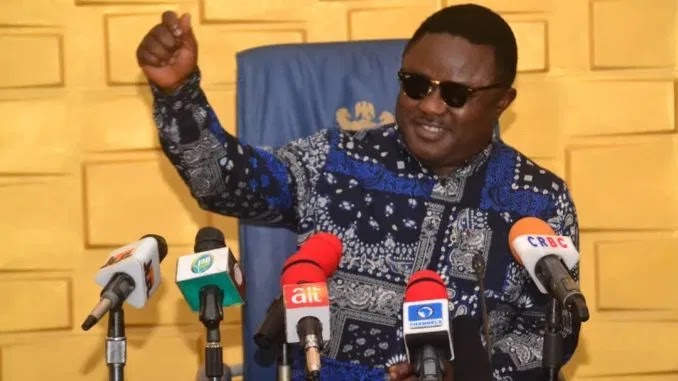By Prince Nnadozie ( Dontorch)
Diplomatic leadership involves negotiating, representing interests and policies, speaking publicly and resolving conflicts...
Building Relationships
Diplomacy allows a leader to build productive relationships. People who build these relationships accept criticism and step in to solve problems without being asked. They pay attention to details and ask probing questions but also know when to show restraint. A good diplomatic leader knows when to show appreciation and make other people feel good about themselves. Effective leaders also apologize when necessary to preserve these relationships.
Negotiating Agreements;
Negotiation skills help a diplomatic leader achieve her goals. Negotiation, the process between two disagreeing parties trying to seek a solution, involves making deals, solving problems, managing conflict and preserving relationships. During the bargaining process, the lack of dependence on others, or a strong best alternative to a negotiated agreement, represents power. Some positions grant power due to the authority or control they exert. In other cases, that means a leader exudes power even if it does not necessarily seem granted to himSafeguarding Integrity;
Diplomatic leaders act in accordance with their own core values and that of the organization they represent. They must also adhere to standards of business conduct and maintain ethical standards. This expectation demands prudence, care and being virtuous. Balance between the benefit of the few and the majority can be difficult to determine or decide. Diplomatic leadership involves setting a good example and showing others what it means to have integrity and honesty in all dealings.Gaining Advantage Without Force
A leader commands subordinates, who are an organization’s most important assets. However, she does so without force or coercion. When employees become engaged, productive and satisfied, they tend to work harder to achieve business goals. Leaders have a tremendous impact on whether or not employees get engaged. To gain an advantage, a diplomatic leader provides interesting work for her employees that they take pride in, feel in control of and for which they feel respected. Diplomatic leaders create opportunities for dialogue with others and inspire subordinates by creating a culture steeped in observance of professional etiquette.He will go for us.
















0 Comments